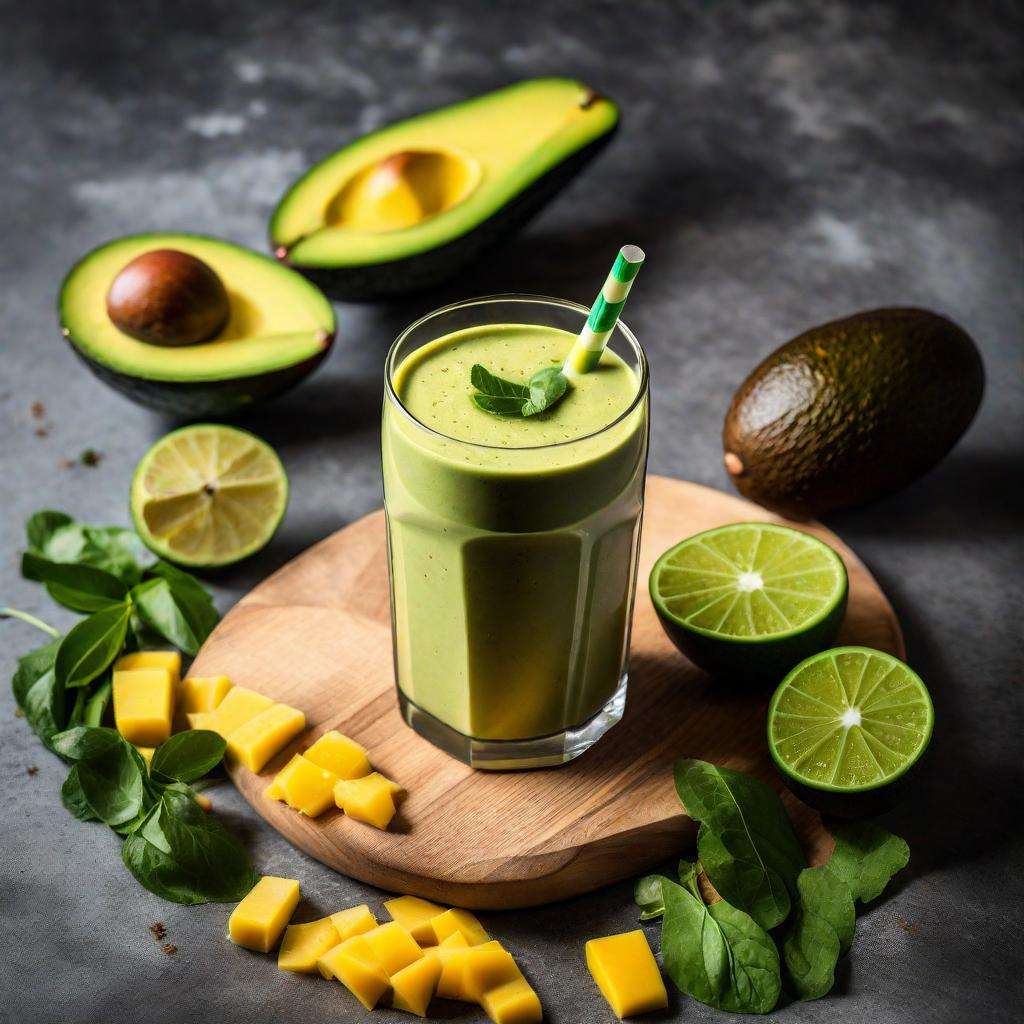Maternal health and nutrition are crucial during pregnancy, as it is a life-changing experience with multiple milestones. It is critical to comprehend the subtleties of a pregnancy diet plan for first-trimester as expectant mothers set out on this incredible adventure.

Nutrient intake must be prioritized throughout the first trimester since it lays the groundwork for both fetal development and the mother’s health. We explore the key elements of a first-trimester pregnancy diet plan in this extensive guide, stressing the significance of feeding mother and child.
With everything from talking about essential nutrients to offering doable methods for creating a balanced diet, our goal is to arm pregnant moms with the information they need to face this exciting time with strength and vitality.
Pregnancy Diet Plan for First-Trimester Nutritional Needs:
The first trimester of pregnancy is a critical period characterized by rapid changes in both maternal physiology and fetal development. During this time, the body undergoes significant adjustments to support the growing embryo, laying the groundwork for a healthy pregnancy.

Understanding the specific nutritional needs during the first trimester is essential for ensuring optimal maternal and fetal health.
- Essential Nutrients for Early Fetal Development: The early phases of pregnancy are marked by the formation of vital organs and tissues in the developing embryo. Nutrients such as folate, iron, and protein play important roles in supporting these processes. Folate, for instance, is crucial for neural tube development, reducing the risk of neural tube defects like spina bifida. Iron is vital for oxygen transport to the fetus and maternal tissues, while protein is necessary for cell growth and repair.
- Increased Energy Requirements: Pregnancy imposes additional energy demands on the body to support the growth and development of the fetus, as well as maternal tissues. While calorie needs vary depending on factors such as pre-pregnancy weight and activity level, expectant mothers typically require additional calories during the first trimester. However, it’s important to emphasize nutrient-dense foods rather than simply increasing caloric intake to ensure adequate nutrition.
- Hydration and Fluid Balance: Adequate hydration is essential for supporting maternal circulation, nutrient transport, and fetal development. During the first trimester, hormonal changes may increase the risk of dehydration and fluid retention, making it crucial for expectant mothers to prioritize hydration. Water-rich foods such as fruits and vegetables can contribute to overall fluid intake while avoiding excessive caffeine and sugary beverages is advisable.

By understanding and addressing these nutritional needs during the first trimester, expectant mothers can lay the foundation for a healthy pregnancy and promote optimal outcomes for both themselves and their babies.
Crafting a well-rounded pregnancy diet plan for first-trimester that prioritizes essential nutrients and hydration is key to supporting maternal and fetal well-being during this critical period.
Key Nutrients for a Healthy Pregnancy Diet:
Throughout pregnancy, it is critical for the health and development of the expectant mother and her unborn child to maintain a diet that is nutrient-rich and well-balanced.
In order to support early fetal growth and the mother’s well-being, some critical nutrients are especially important during the first trimester.
- Folate: Also known as folic acid when taken in supplement form, folate is perhaps one of the most important nutrients during pregnancy, especially in the early stages. Adequate folate intake helps prevent neural tube defects such as spina bifida and anencephaly. Green leafy vegetables, citrus fruits, fortified cereals, and legumes are excellent sources of folate.
- Iron: Iron is essential for producing hemoglobin, the protein in red blood cells that carries oxygen to tissues throughout the body, including the placenta and the growing fetus. During pregnancy, maternal blood volume increases, necessitating higher iron intake to support both maternal and fetal needs. Good sources of iron include lean meats, poultry, fish, fortified cereals, and leafy green vegetables.
- Calcium: Calcium is crucial for building strong bones and teeth in both the mother and the developing baby. Pregnant women should aim to consume adequate calcium to support the increased needs of pregnancy. Dairy products, fortified plant-based milk alternatives, tofu, and leafy greens are excellent sources of calcium.
- Omega-3 Fatty Acids: Omega-3 fatty acids, particularly DHA (docosahexaenoic acid), are essential for fetal brain and eye development. They may also help reduce the risk of preterm birth and support maternal cardiovascular health. Fatty fish like salmon and sardines are rich sources of omega-3s, while vegetarian options include flaxseeds, chia seeds, and walnuts.
- Protein: Protein is the building block of cells and tissues, making it essential for the growth and development of the fetus. Pregnant women should aim to include protein-rich foods in their pregnancy diet plan for the first trimester, such as lean meats, poultry, fish, eggs, dairy products, legumes, nuts, and seeds.
Designing Your Pregnancy Diet Plan:
Crafting a personalized pregnancy diet plan for first trimester is essential for meeting the unique nutritional needs of both the expectant mother and her developing baby. Here’s how to design a comprehensive and nourishing diet plan:

- Assess Your Current Diet: Begin by evaluating your current eating habits and identifying areas for improvement. Consider factors such as nutrient intake, food preferences, and any dietary restrictions or preferences.
- Consult with a Healthcare Provider: Schedule a consultation with your healthcare provider or a registered dietitian to discuss your nutritional needs and develop a customized pregnancy diet plan for the first trimester. They can guide personalized guides based on your history, dietary choices, and lifestyle factors.
- Focus on Nutrient-Dense Foods: Prioritize nutrient-dense foods that provide essential vitamins, minerals, and other nutrients necessary for a healthy pregnancy. Include different fruits, vegetables, whole grains, proteins, and good fats in your diet.
- Balance Your Macronutrients: Aim to include a balance of carbohydrates, proteins, and fats in each meal to support overall health and energy levels. Opt for complex carbohydrates, lean proteins, and unsaturated fats for sustained energy and satiety.
- Stay Hydrated: Drink plenty of water throughout the day to stay hydrated and support optimal maternal and fetal health. Aim for at least eight glasses of water per day, and consider consuming hydrating foods such as fruits and vegetables.
- Plan Balanced Meals and Snacks: Plan balanced meals and snacks that incorporate a variety of nutrient-rich foods to ensure adequate nutrition throughout the day. Aim for regular, balanced meals and snacks to maintain steady energy levels and support optimal fetal development.
By following these guidelines and designing a well-rounded pregnancy diet plan for first-trimester, expectant mothers can nourish their bodies and support the health and development of their growing babies.
Sample Meal Ideas:
Creating balanced and nutritious meals is key to maintaining a healthy pregnancy diet plan for first-trimester. Here are some sample meal ideas to inspire expectant mothers:

- Breakfast: Start your day with a nutrient-packed breakfast:
- Whole grain toast topped with avocado slices and poached eggs.
- Greek yogurt parfait with mixed berries, granola, and a drizzle of honey.
- Oatmeal cooked with milk or fortified plant-based milk, topped with sliced bananas and chopped nuts.
- Lunch: Keep lunch light yet satisfying:
- Quinoa salad with roasted vegetables, chickpeas, and a lemon-tahini dressing.
- Whole wheat wrap filled with grilled chicken or tofu, spinach, shredded carrots, and hummus.
- Lentil soup served with a side of whole grain bread and a mixed green salad.
- Dinner: Enjoy a nourishing dinner to end the day on a high note:
- Baked salmon or tofu marinated in lemon and herbs, served with roasted sweet potatoes and steamed broccoli.
- Brown rice stir-fry with mixed vegetables, tofu, or lean beef strips, and a flavorful teriyaki sauce.
- Turkey chili made with lean ground turkey, kidney beans, diced tomatoes, and spices, served with whole grain cornbread.
- Snacks: Keep hunger at bay with nutritious snacks:
- Apple slices with almond butter.
- Carrot sticks with hummus.
- Greek yogurt with a sprinkle of granola and sliced strawberries.
These sample meal ideas provide a balance of essential nutrients, including protein, carbohydrates, healthy fats, vitamins, and minerals, to support optimal maternal and fetal health during the first trimester of pregnancy.
Addressing Nutritional Challenges:
While maintaining a healthy pregnancy diet plan for first-trimester is important, expectant mothers may encounter certain nutritional challenges that require attention and adaptation. Here’s how to address common issues:
- Morning Sickness: Many women experience morning sickness during the first trimester, which can make it challenging to consume a balanced diet. To alleviate symptoms, try eating smaller, more frequent meals throughout the day. Opt for bland, easy-to-digest foods such as crackers, toast, or ginger tea. Drinking fluids between meals rather than with meals can also help prevent nausea.
- Food Aversions: Pregnant women may develop aversions to certain foods, making it difficult to meet nutritional needs. If specific foods are off-putting, try experimenting with different flavors, textures, and cooking methods to find alternatives that are more palatable. Focus on consuming a variety of foods from different food groups to ensure adequate nutrient intake.
- Cravings: While occasional cravings are normal during pregnancy, it’s important to maintain balance and moderation. Instead of giving in to unhealthy cravings, try satisfying them with healthier alternatives. For example, if you’re craving sweets, opt for a piece of fruit or a small serving of dark chocolate. If you’re craving salty snacks, reach for air-popped popcorn or whole-grain crackers with hummus.
By proactively addressing these nutritional challenges and making adjustments as needed, expectant mothers can continue to prioritize their health and well-being while navigating the first trimester of pregnancy.
Conclusion:
In conclusion, navigating the first trimester of pregnancy with a focus on a balanced and nutritious pregnancy diet plan is essential for both maternal health and fetal development. By understanding the specific nutritional needs, addressing common challenges, and implementing practical strategies, expectant mothers can lay a solid foundation for a healthy pregnancy journey.
Remember, consulting with a healthcare provider or registered dietitian can provide personalized guidance and support to ensure that your pregnancy diet plan for first-trimester meets your individual needs and promotes optimal well-being.
FAQs:
1: Can I continue to consume caffeine during the first trimester?
Answer: It’s recommended to limit caffeine intake during pregnancy. Opt for no more than 200 mg per day, which is roughly equivalent to one 12-ounce cup of coffee.
2: Are there any foods I should avoid during the first trimester?
Answer: Yes, certain foods pose a higher risk of foodborne illness during pregnancy. Avoid raw or undercooked meats, fish high in mercury, unpasteurized dairy products, and deli meats unless heated until steaming.
3: How can I manage morning sickness while following a pregnancy diet plan?
Answer: Eat small, frequent meals throughout the day and focus on bland, easily digestible foods. Ginger tea, crackers, and avoiding strong odors can also help alleviate symptoms.
4: Do I need to take prenatal vitamins during the first trimester if I’m following a healthy diet?
Answer: Yes, prenatal vitamins are recommended to ensure adequate intake of essential nutrients such as folic acid, iron, and calcium, which may be challenging to obtain solely through diet.
5: Can I still exercise while following a pregnancy diet plan in the first trimester?
Answer: Yes, moderate exercise is generally safe and beneficial during pregnancy. Consult with your healthcare provider before starting or continuing any exercise routine, and aim for at least 150 minutes of moderate-intensity exercise per week.
